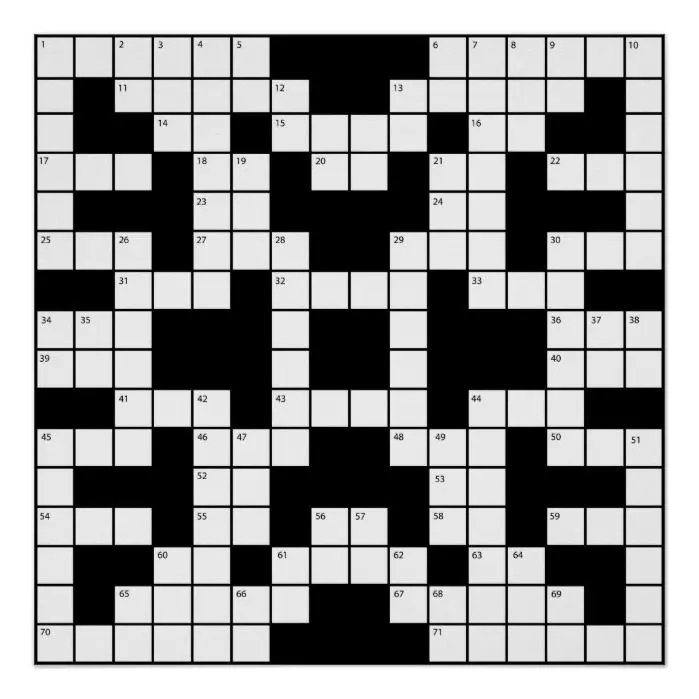Introduction
Have you ever found yourself stuck on a crossword clue, staring at the same empty squares, muttering, “Stop futzing with that Mr Law crossword”? If so, you’re not alone! This quirky phrase has gained popularity among crossword enthusiasts who obsess over a particularly difficult clue. But what does it mean to “futz” with something, and who is Mr. Law? In this guide, we’ll explore the phrase’s origins, dive into the world of crossword puzzles, and offer practical tips to help you become a crossword-solving pro.

The Origins of the Phrase
Historical Background of the Term “Futzing”
The word “futzing” comes from Yiddish origins, where “often” roughly translates to wasting time or fiddling aimlessly with something. Over time, this term made its way into casual English, especially in the U.S., and became synonymous with “messing around” or “tinkering.” When people say, “Stop futzing with that,” they’re often implying that someone is putting too much unnecessary effort into something minor.
Who Is Mr. Law? A Deep Dive
The phrase “Mr. Law” may not refer to a specific person but instead be symbolic of authority or structure, much like the classic figure of “the man” in everyday language. However, in the context of crosswords, it could refer to a stubborn or rule-bound way of thinking—something that holds solvers back from seeing the playful, flexible nature of crossword clues.
Why Do People Get Frustrated with Crosswords?
Crosswords are designed to challenge the mind, and sometimes, that challenge can be frustrating. Whether it’s an obscure reference, a cleverly disguised pun, or a particularly tough clue, it’s easy to find yourself stuck. But don’t worry—there are strategies to overcome these obstacles.
Common Struggles with Crosswords
Overthinking Clues
One of the biggest traps people fall into with crosswords is overthinking. Sometimes the answer is much simpler than it seems, but we trick ourselves into making it more complex.
Difficulty in Recognizing Puns and Wordplay
Crossword constructors love to play with words, and solvers who aren’t familiar with puns, double meanings, or anagrams might find these puzzles especially tricky.
Crosswords as Mental Exercise
Think of crosswords as a workout for your brain. Like any form of exercise, it can feel challenging at first, but the more you practice, the stronger you become.
The Psychological Aspect of Crosswords
When solving a puzzle, your brain is working hard to make connections between clues and possible answers. Some clues seem impossible initially because your brain hasn’t yet made the right associations. But with practice and persistence, these connections become more automatic.
How to Approach Crosswords Efficiently
Start with the Easiest Clues
Begin by scanning the puzzle for clues that jump out at you—these are the ones you know instantly. This will give you a starting point and help build momentum.
Use Common Crossword Tricks
Certain patterns in crosswords show up time and time again. For example, crossword constructors often use abbreviations or homophones as hints. Learn these common tricks, and you’ll have a significant advantage.
Avoid Overthinking – The Art of Letting Go
Sometimes, you’ll get stuck. When that happens, it’s best to move on to a different clue and come back later. Often, stepping away from the problem gives your brain a chance to process it subconsciously.
Look for Common Words and Phrases
Certain words frequently appear in crosswords because they fit well into the grid. Words like “era,” “ale,” and “see” are common fillers that can help you solve other clues.
Decoding Clues Like a Pro
Understanding the Different Types of Crossword Clues
Not all clues are created equal. Some are straightforward definitions, while others rely on wordplay, anagrams, or homophones. Knowing the different types of clues will help you solve them faster.
Wordplay and Puns in Crosswords
Puns are a favorite tool of crossword creators. While they can be tricky, understanding how wordplay works will help you see through the puzzle’s tricks and find the right answer.
Famous Crosswords and Their Solvers
Popular Crosswords Through History
From the New York Times crossword to cryptic puzzles in British newspapers, crosswords have a long and fascinating history. Some puzzles are famous for their clever construction, while others are known for being particularly challenging.
How Famous Crossword Solvers Think
Legendary solvers have certain strategies that set them apart. They’re quick to recognize patterns, they avoid overthinking, and they approach puzzles with confidence.
Benefits of Solving Crosswords
Crosswords as Brain Training
Solving crosswords regularly can improve your cognitive abilities, including memory, focus, and problem-solving skills.
Enhancing Vocabulary Through Crosswords
Crosswords introduce solvers to new words and phrases, helping to expand your vocabulary and improve your language skills.
Crosswords and Mental Health
Solving puzzles can be a great way to reduce stress and improve mental health by providing a fun and engaging challenge.
The Rise of Crossword Popularity in the Digital Age
How Online Platforms Made Crosswords More Accessible
With the rise of online crossword platforms, solving puzzles has never been easier. Now, you can solve a crossword on your phone, tablet, or computer, no matter where you are.
Social Aspects of Crosswords
Many people enjoy discussing crosswords with friends or participating in online communities where they can share tips, tricks, and solutions.
Tools to Improve Your Crossword-Solving Skills
Apps and Websites for Crossword Practice
There are plenty of online tools to help you sharpen your crossword-solving skills. Apps like Crossword Solver and websites like Crossword Tracker offer hints and guidance for tricky clues.
Introduction to the Numbers 25912.94 884.31
Crossword Solvers vs Crossword Generators
While solving puzzles manually can be rewarding, there’s also a debate around using software tools. Some believe it takes away from the challenge, while others find it helpful when stuck.



















Be First to Comment